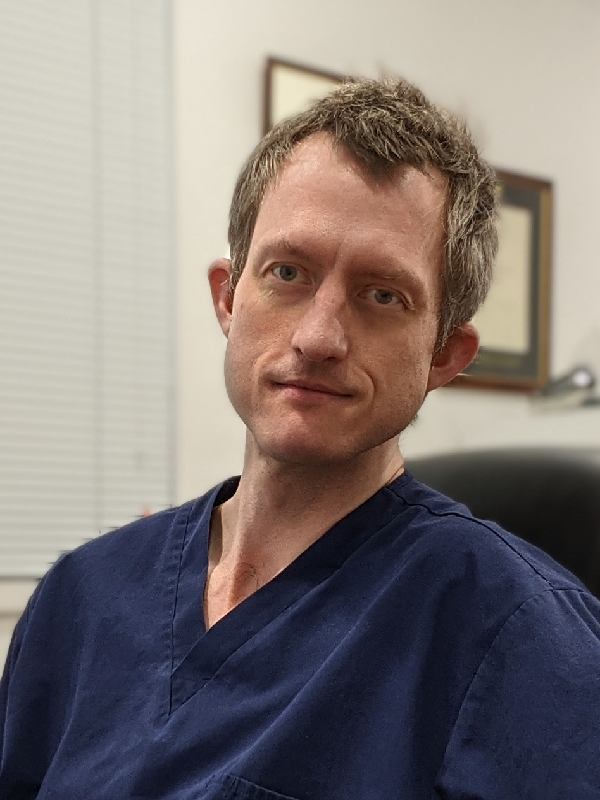Digital and remote monitoring of nursing home, COVID-19, respiratory and cardiac patients
My Topol fellowship problem / project:
The first of two elements of my project will focus on nursing home residents who were very significantly affected by COVID-19. I will be deploying a new digital platform which collates, processes and communicates physiological measurements and so called ‘soft signs’ of deterioration in a systematic way so that all primary care services have up-to-date and accurate information on which to base clinical assessments. The second element draws on the response to COVID-19 more directly. General practice moved rapidly to a ‘remote by default’ approach with a massive transition to synchronous and asynchronous consulting modalities. Similarly, remote monitoring of both acute illness and chronic disease became a very real need. COVID-19 itself required a very specific approach to ensure the safety of patients at home while protecting acute medical services. I have already been collaborating with my local team in deploying a new digital platform for remote patient monitoring in COVID-19 and I will be building on this as part of my Topol Digital Fellowship. As we move past the pandemic and our focus returns to chronic disease I will be using remote patient monitoring to support patients living with chronic respiratory disease and congestive cardiac failure in particular. Emerging evidence suggests that remote physiological monitoring can improve quality of life, reduce unplanned hospital admissions and importantly, give patients ownership of their condition and better insight into how their condition is best managed. So, in many ways this Fellowship represents a return to the principles I learnt as a medical technological all those years ago and and I am honoured to have the opportunity to work with my NHS colleagues in this exciting space.
About me
My working life in the NHS started in the Intensive Care unit of St Thomas’ hospital too many years ago to mention. This was a profoundly influential experience and was a fantastic opportunity to see how technology is used at the bedside and how clinicians synthesise clinical medicine with cutting edge technology. Based on this formative experience, I resolved to follow my dream to become a doctor. After training at St Georges in London, I completed core surgical training and finally moved into general practice. At first you might think primary care is a low tech discipline but in fact GPs were among the first in the health service to adopt electronic patient records, electronic prescribing, and even some innovative point of care testing, so we’re well placed to lead innovation.
Our agility and can-do approach was truly put to this test in 2020 with COVID-19 and as in so many aspects of life we have learned so much about ourselves and the true value of our place in the health service. I’m so excited to lead a project in primary care helping my team to deliver good quality patient care, using digital tools to exceed the status quo and reimagine the care paradigm.
We have a great foundation on which to build truly innovative digital solutions and I am delighted to be able to represent general practice as a Topol Digital Fellow this year.

